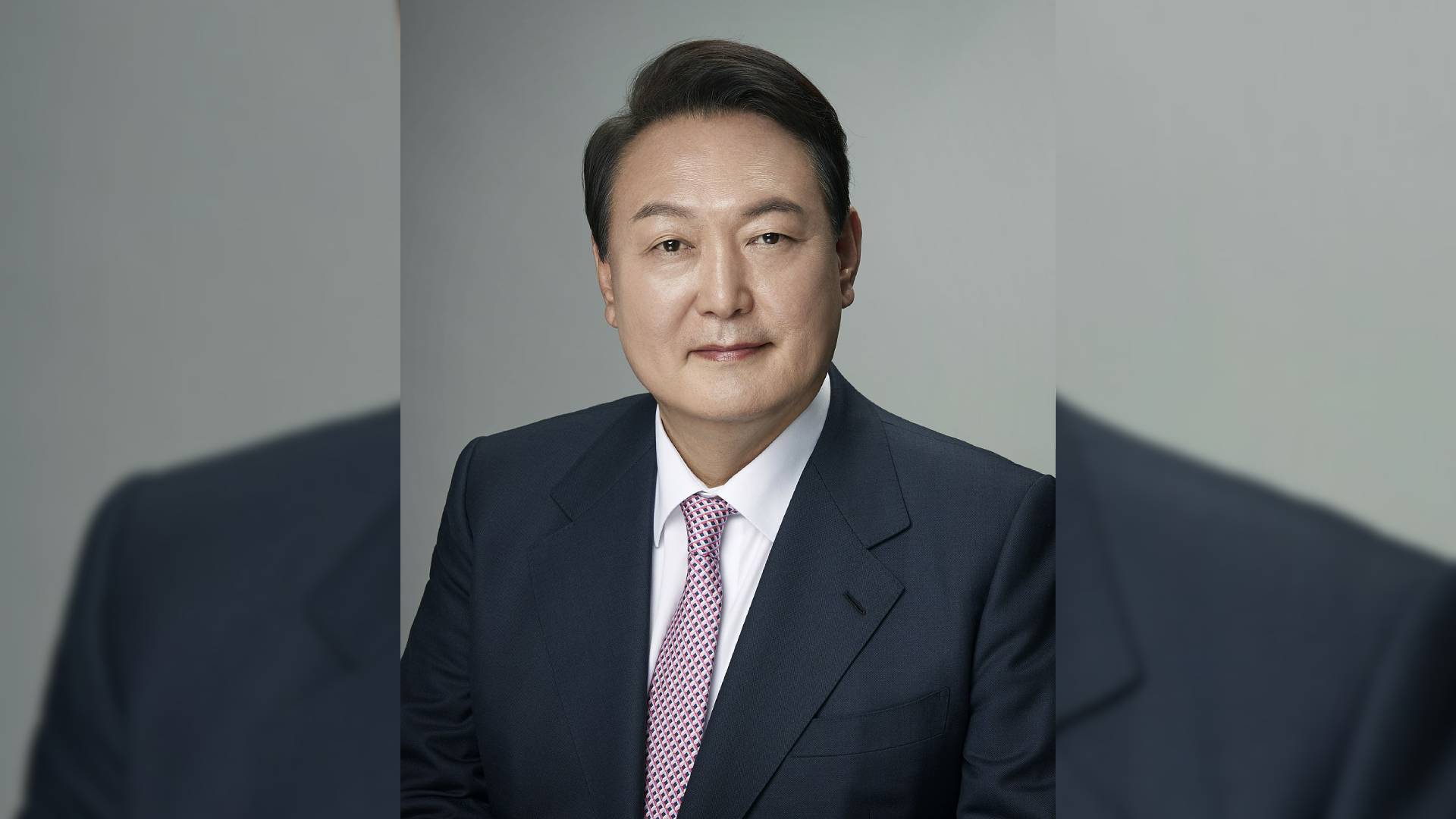High-Stakes Election: A Clash of Ideologies in South Korea's Political Landscape
South Korea faces a pivotal presidential election with liberal frontrunner Lee Jae-myung ahead of conservative rival Kim Moon-soo. Amid political turmoil following Yoon Suk Yeol's ousting, Lee leads polls advocating economic support, while Kim seeks centrist support. The nation's economic challenges and North Korea tensions weigh heavily on the vote.

In a heated political arena, South Korea's presidential election sees liberal candidate Lee Jae-myung in the lead, as he faces off against conservative Kim Moon-soo. Recent polls suggest Lee's significant advantage, positioning him as a prominent contender to steer the country amidst economic and geopolitical challenges.
With the election prompted by the ousting of former leader Yoon Suk Yeol, the nation is set to vote on June 3. Lee, representing the Democratic Party, champions fiscal policies to stimulate growth, while maintaining a strong stance against political misconduct observed in Yoon's administration.
Kim, a former hardline labor minister, attempts to appeal to centrist voters through business-friendly pledges and a firm position on North Korea. His efforts to unify with third-party candidates have been thwarted, maintaining Lee's lead. As political tension simmers, economic contraction and trade negotiations with the U.S. linger as pivotal issues.
(With inputs from agencies.)










